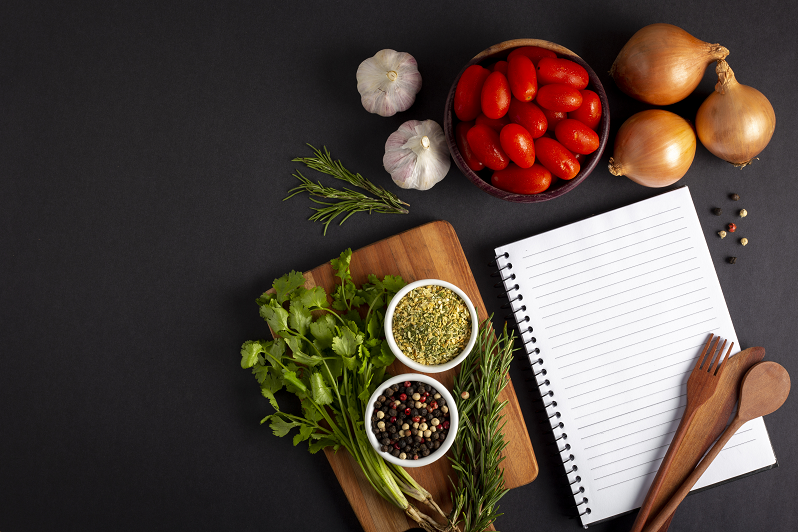Generally, no, you cannot directly patent a food recipe itself. Here’s why:
- Patents Protect Inventions: Patents are granted for novel, non-obvious, and useful inventions. A simple recipe, which is essentially a set of instructions, usually doesn’t meet these criteria.
- Recipes are Often Considered “Cookbook Knowledge”: Many recipes draw from existing culinary traditions and techniques. They often involve common cooking methods and ingredients, making them less likely to be considered unique inventions.
However, there are some exceptions:
- Patenting a Novel Food Product: If your recipe results in a unique and unexpected food product with distinct properties, you might be able to patent the product itself. For example, a novel food additive or a specific processing method that creates a unique food item.
- Patenting a Unique Process: If your recipe involves a novel and non-obvious cooking process, you might be able to patent that process. This could include unique methods of preparation, preservation, or cooking techniques.
Alternative Ways to Protect Your Recipe:
- Copyright: You can copyright the written expression of your recipe, such as the text in a cookbook. This protects the way you present the recipe, not the recipe itself.
- Trade Secret: If you keep your recipe confidential, it can be considered a trade secret. However, this protection is limited and can be difficult to enforce.
- Trademark: If you have a unique brand name or logo associated with your recipe, you can trademark those elements.
In Summary:
While directly patenting a food recipe is generally not possible, there may be avenues for protection depending on the specific aspects of your recipe or the resulting food product. It’s crucial to consult with an intellectual property attorney to explore the best options for protecting your culinary creation.

